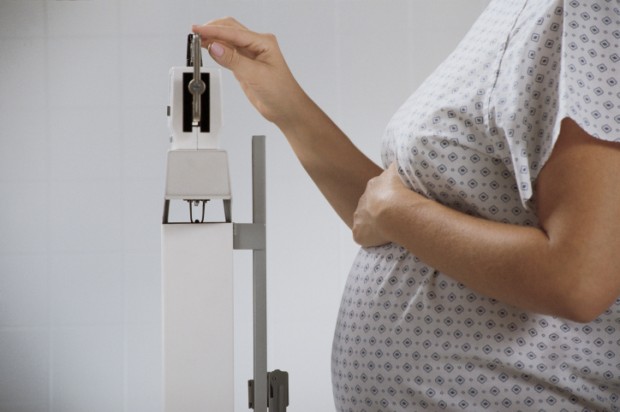
Study Offers New Findings on Obesity and Pregnancy
Dr. Pari was featured as a guest contributor in the article below, originally posted for Parents.com by Alesandra Dubin, February 27, 2015.
If you carry extra weight and you’re pregnant or plan to get pregnant, you’ll want to read this.
A new study is offering the first-ever guidance for pregnant women in various categories of obesity—and the the findings suggest that obese women should not gain any weight at all until they’re about halfway through their pregnancies (or even later!).
The study, which was conducted by Jennifer Hutcheon, Ph.D., and a team at Magee-Womens Hospital in Pittsburgh and published in the March issue of the journal Obesity, is the first to offer guidance for mamas with class II (a BMI of 35-39.9) and class III obesity (BMI of greater than 40), instead of lumping all obese patients into a single category.
“This study is very important for obese women that are entering pregnancy. There are current guidelines on the amount of weight gain recommended for women based on their BMI, but those guidelines group all obese women with a BMI of 30 or over,” says Pari Ghodsi, M.D., an ob-gyn at Northlake OB-GYN, in Plano, Texas. “This study breaks that down even further, dividing obese women into different categories, classes I, II, and III. It looks at the weight-gain patterns of these women.”
We already know that obese women don’t need to gain as much weight during pregnancy as women with normal body mass indexes. And we know that it’s dangerous to be morbidly obese in pregnancy.
“We also know that morbid obesity is associated with many pregnancy complications such as still birth, gestational diabetes, high blood pressure, growth restriction, preterm birth, large babies, labor complications and increased risk for cesarean,” says Dr. Ghodsi. “This study is the beginning of getting more information depending on the class of obesity and therefore fine-tuning the current recommendations for weight gain during pregnancy for obese women.”
But what does this all mean for real moms-to-be, right now? Dr. Ghodsi says that more research needs to be done to assess the amount of weight obese women gain and its association with pregnancy complications. “Then further recommendations can be made,” she says. In the meantime, “if you are pregnant, it’s important to follow your doctor’s recommendation for weight gain based on your current BMI.”